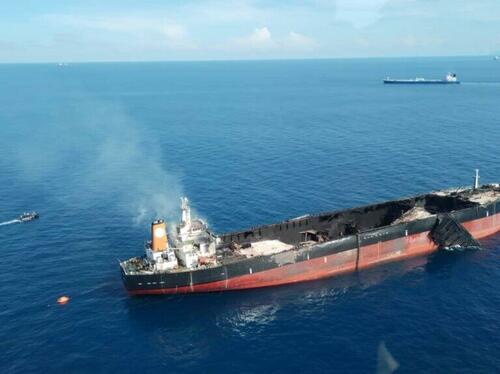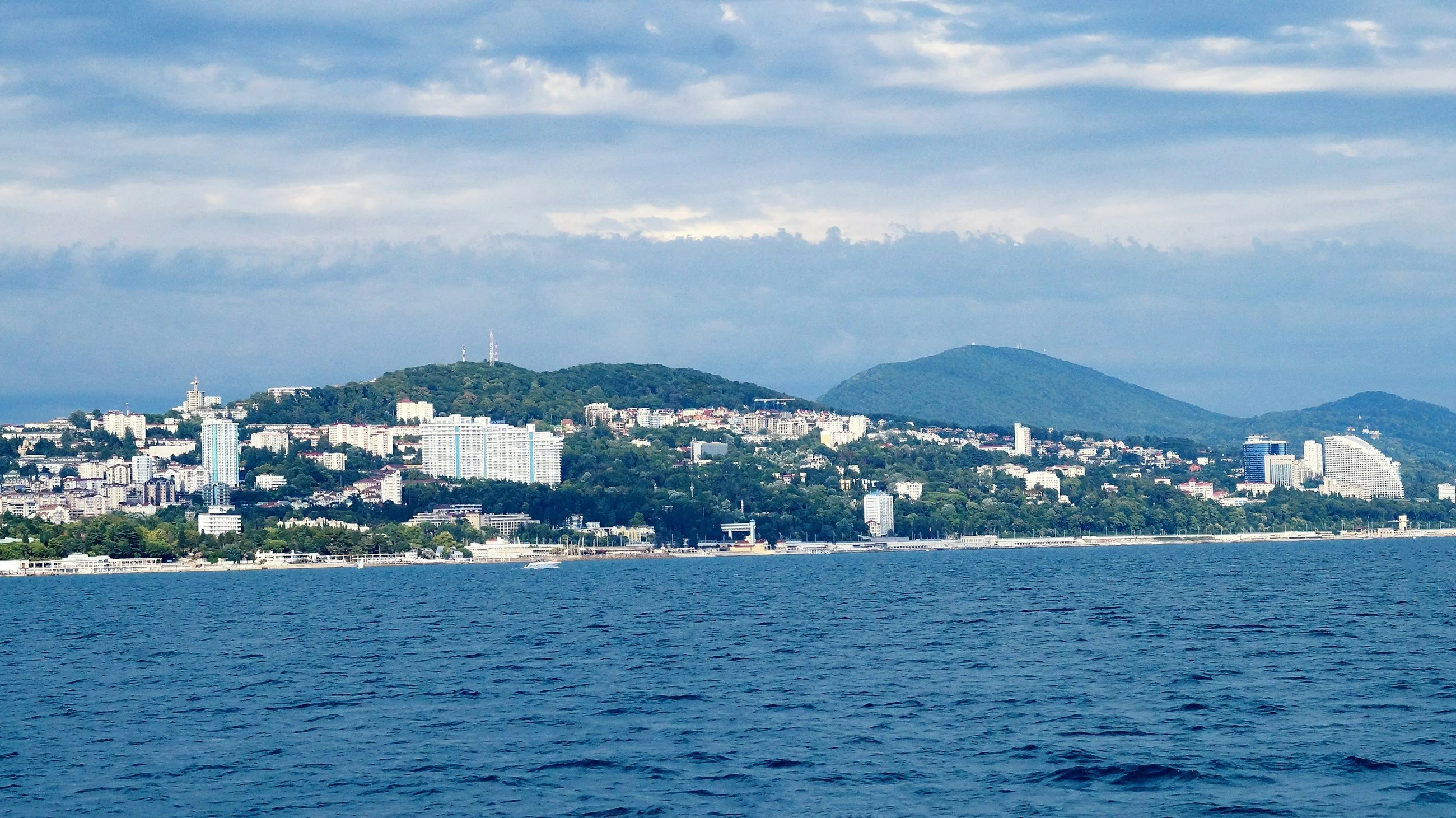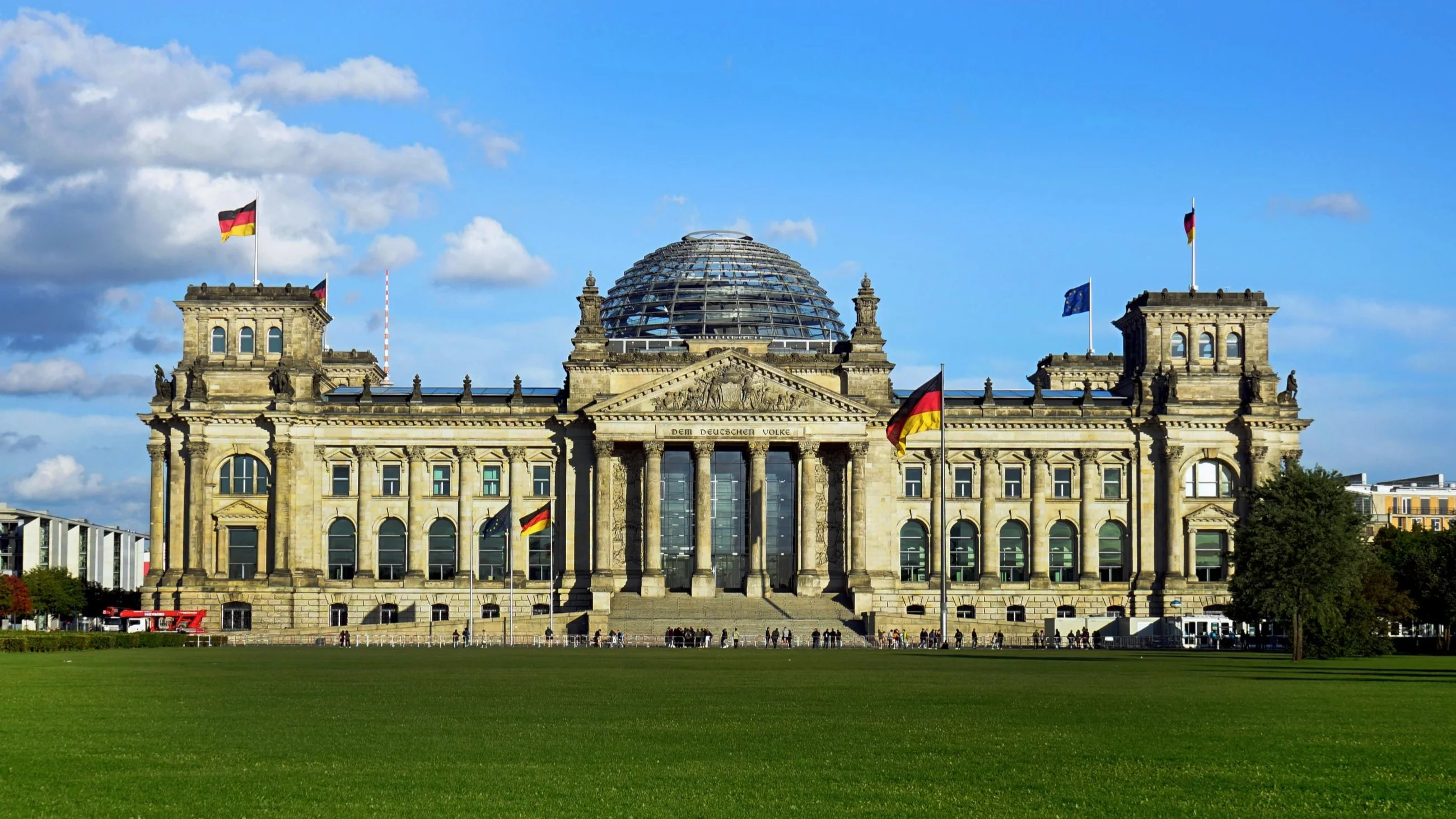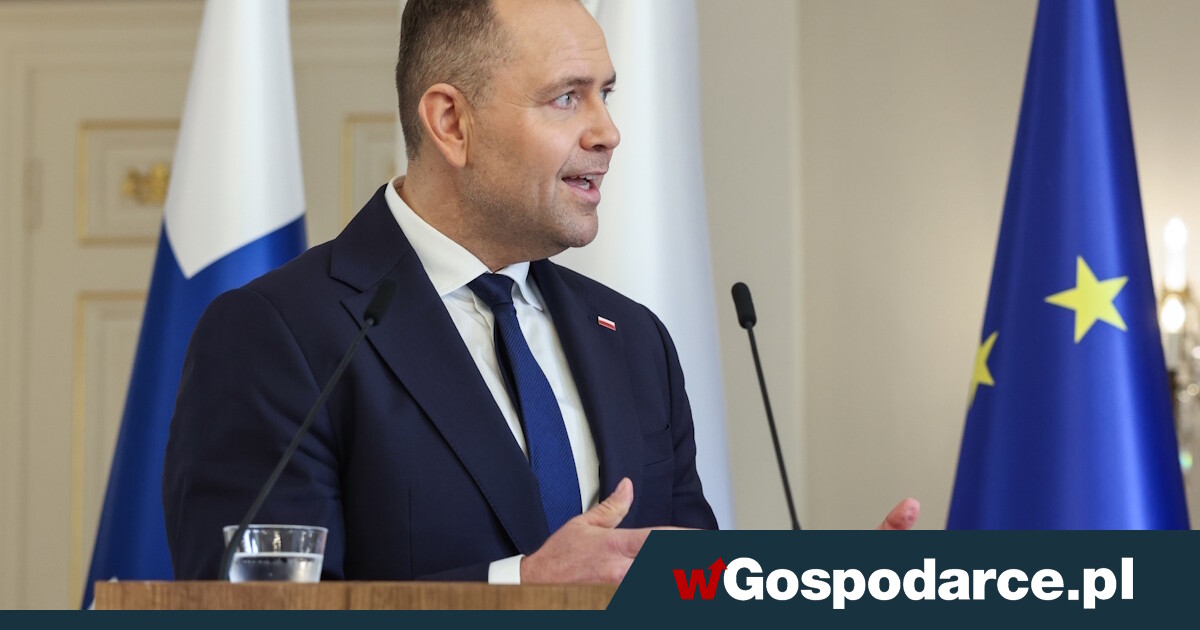
Putin Orders FSB Security Clearance For Ships Entering Russian Ports After Sabotage Blasts
On Monday Russian President Vladimir Putin signed a decree mandating that all vessels arriving at Russian ports from foreign countries must first receive formal authorization from the Federal Security Service (FSB).
The directive takes effect immediately, with the executive order invoking a constitutional clause related to legal measures during wartime which stipulates that any ship coming from an international port may only dock in Russia with approval from an FSB representative.
 Illustrative image: Malaysian Maritime Enforcement Agency
Illustrative image: Malaysian Maritime Enforcement AgencyThe precise rationale for the new policy wasn’t stated by the Kremlin press releases; however, it seems clear the action is due to the increased security pressures on Russia in the context of the Ukraine war, which has seen sabotage operations on Russian soil and at Russian ports, as well as constant cross-border drone attacks.
Recent months have seen major bombings of several rail lines in Russia’s south as well, which were suspected Ukrainian intelligence operations. There are also growing concerns and suspicions that Ukraine may be behind a covert campaign aimed at disrupting Russia’s so-called „shadow fleet”.
A Financial Times report issued early in July shed light on recent 'mystery’ explosions impacting oil tankers which had departed Russian ports prior to their being sabotaged.
„A series of mysterious limpet mine attacks on oil tankers has shaken the shipping world, prompting speculation that the explosions were part of a state-backed sabotage campaign,” the July 1st FT report began.
„Five vessels have been hit by deliberate blasts this year, with the latest incident flooding the engine room of the Greek-owned tanker the Vilamoura last week as it sailed off the coast of Libya,” the report continued.
„All the vessels called at Russian ports within weeks of the attacks, prompting some security experts to suggest that Ukraine had a hand in the explosions.” In some instances the engine rooms of the large tankers were directly targeted, resulting in flooding.
Other than a few Western mainstream media reports, these attacks didn’t individually receive a lot of coverage when they occurred.
Most of the explosions had happened while the tankers were traversing the Mediterranean, but one tanker was hit in the Baltic Sea. Almost all of the vessels are owned by Greek and Cypriot firms.
Importantly, the FT noted that „There is no suggestion the other vessels breached G7 rules by carrying Russian oil bought for more than $60 a barrel. Ship tracking data suggests the vessels attacked called mainly at Russian ports that handle oil produced in Kazakhstan, which is not subject to sanctions.” Still, media reports have tended to use the 'shadow fleet’ label in reference to these ships.
Tyler Durden
Mon, 07/21/2025 – 19:40











